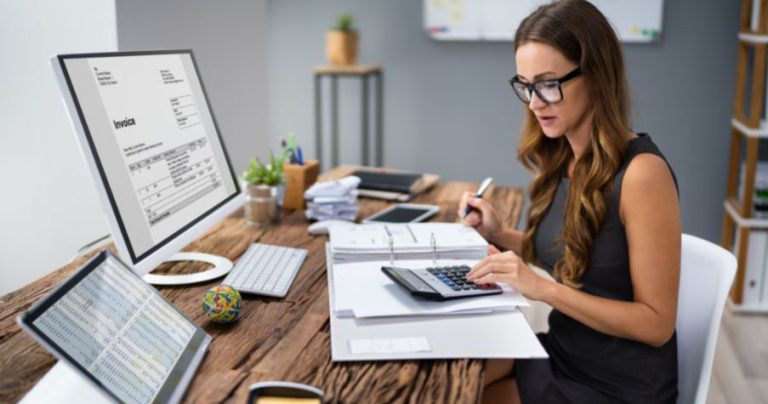Feeling squeezed by the cost of living crisis? Follow these simple steps to ensure you don’t pay more tax than you need to.
If you find yourself yawning at the mere mention of the word ‘tax’, you’re not alone. Many creatives shy away from the topic because:
- They don’t understand it.
- It bores them silly.
- Both of the above.
But if you do your own tax return, take a little time to engage with the subject – your efforts could save you money in the long run. We’re not talking about tax avoidance or pulling a swift one, but claiming everything to which you’re entitled.
1 Refresh your knowledge
If you’ve been self-assessing for a few years, you might presume that you know it all already. But with tax rules constantly being tweaked and updated, it’s important to ensure you’re up to speed with the latest rules. This will mean that you stay on the right side of HMRC and don’t miss out on claiming all your allowable expenses.
HMRC has lots of useful information and videos online and runs free workshops. The list of what you can claim is extensive and includes:
- Travel expenses
- Office/studio equipment
- Legal and financial costs (including professional indemnity insurance premiums)
- Bad debts (when a client doesn’t pay you)
- Training courses (that are related to your business)
- And, if you work from home, utility, phone and internet bills.
And to borrow a phrase much-used by a major supermarket, every little bit helps – so don’t forget to claim for small items such as:
- Parking charges
- Bank, overdraft and credit card fees
- Donations to charity.
2 Claim overpayment relief
If you realise that in previous years you haven’t claimed all your allowable expenses (and you’re now kicking yourself), you can apply for a refund of overpaid tax. You’ll need proof, of course, and to sign a declaration stating that your claim is correct to the best of your knowledge. You can’t go back more than four years when making a claim.
3 Get on top of your admin
Make time every month to get your paperwork, receipts and invoices in order. Many creatives loathe this side of running their own business, but it will avoid a last-minute panic a few days before your tax return is due. It also means you’ll be less likely to forget about certain expenses.
Having a good grip on your admin will also help you prepare for a significant change that HMRC is bringing in for freelancers.
4 Go digital
In April 2024 HMRC will introduce a new filing system for freelancers who self-assess called Making Tax Digital (MTD). (Larger businesses that claim VAT are already complying with MTD.)
What does MTD mean? Essentially, you’ll have to keep digital records of all your expenses and send HMRC quarterly updates of your income and expenses using an approved third-party software provider. You’ll also have to file and End of Period Statement using approved software provider.
If you already use an app to keep track of your incomings and outgoings, you’ll be well placed for the change. However, if you’re one of those people who file everything in a drawer and worry about it later, you’ll need to adapt to the new system.
While 2024 might seem like a long way away, it will come around quickly enough, so it’s worth going digital sooner rather than later.
LEARN MORE
Read more great articles on the BAST blog, including The Do’s and Don’ts of Starting Your Own Business.




